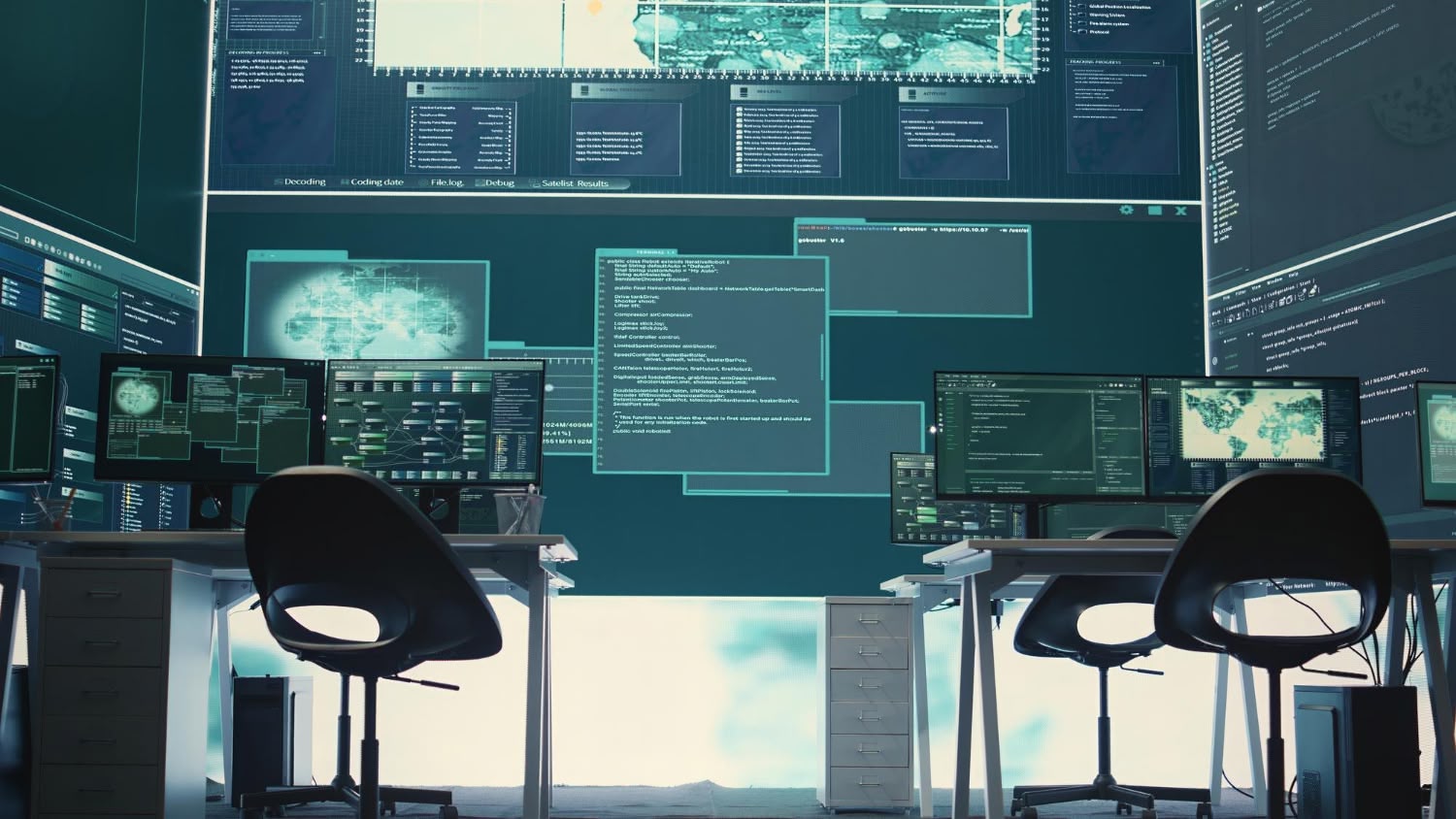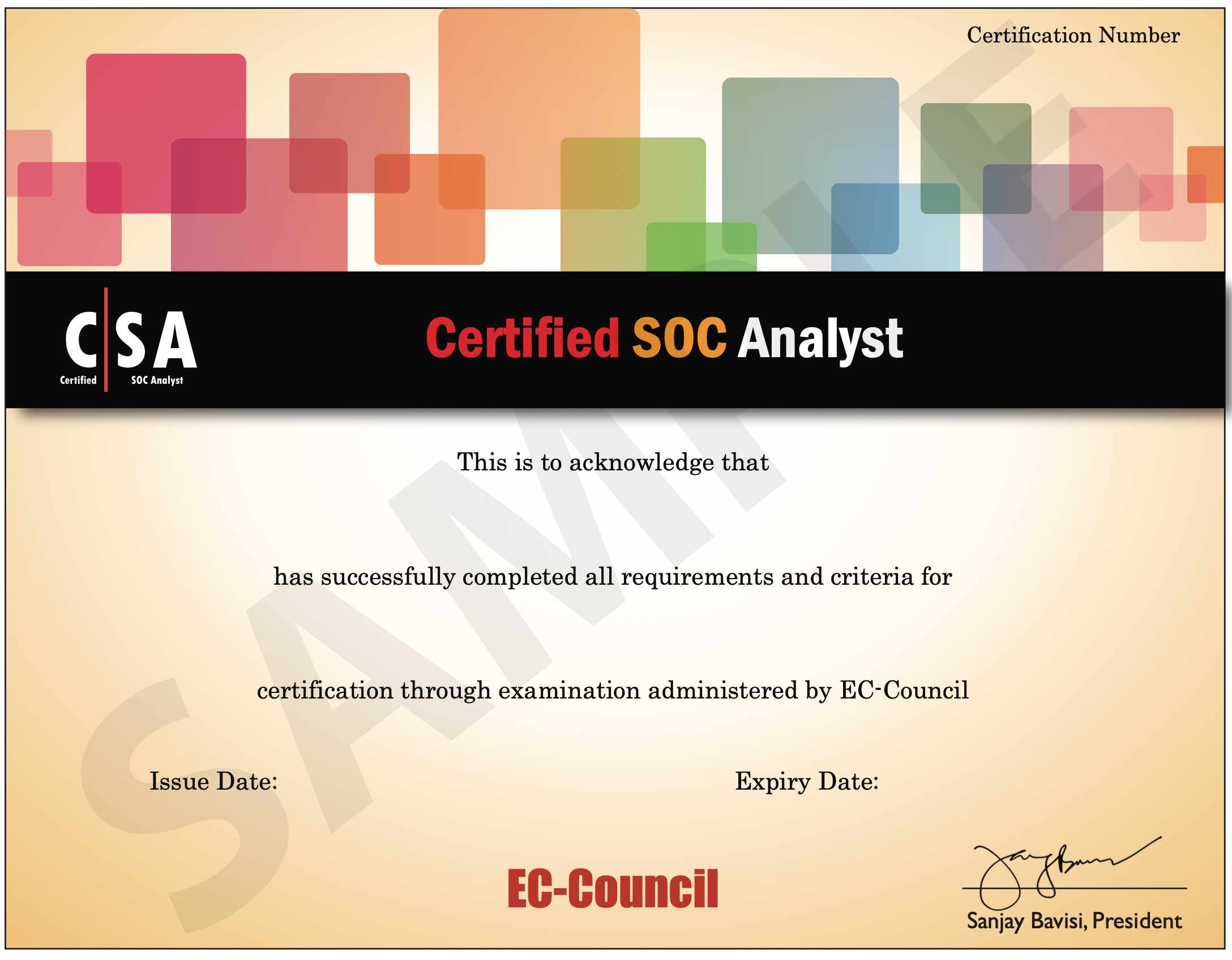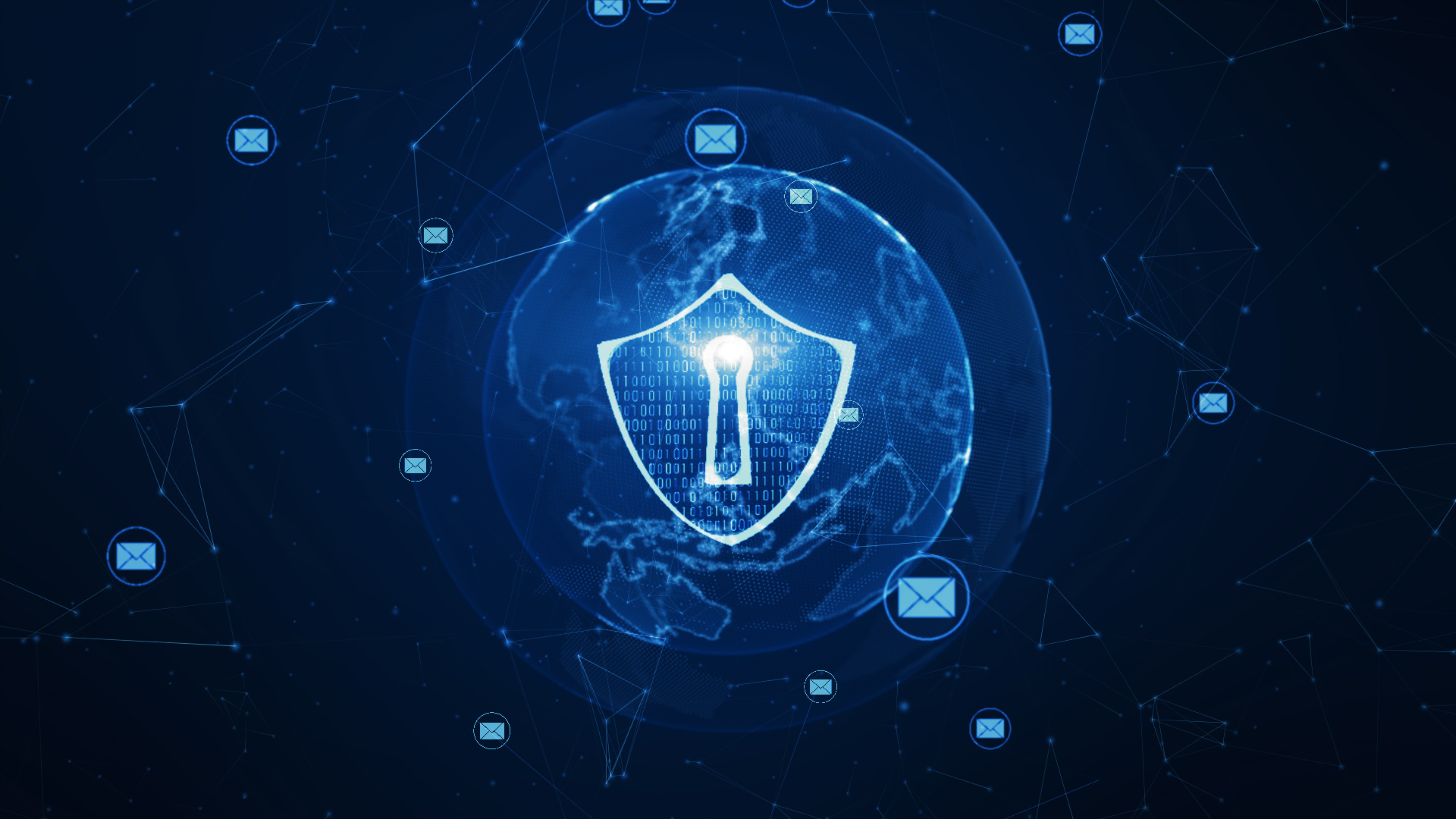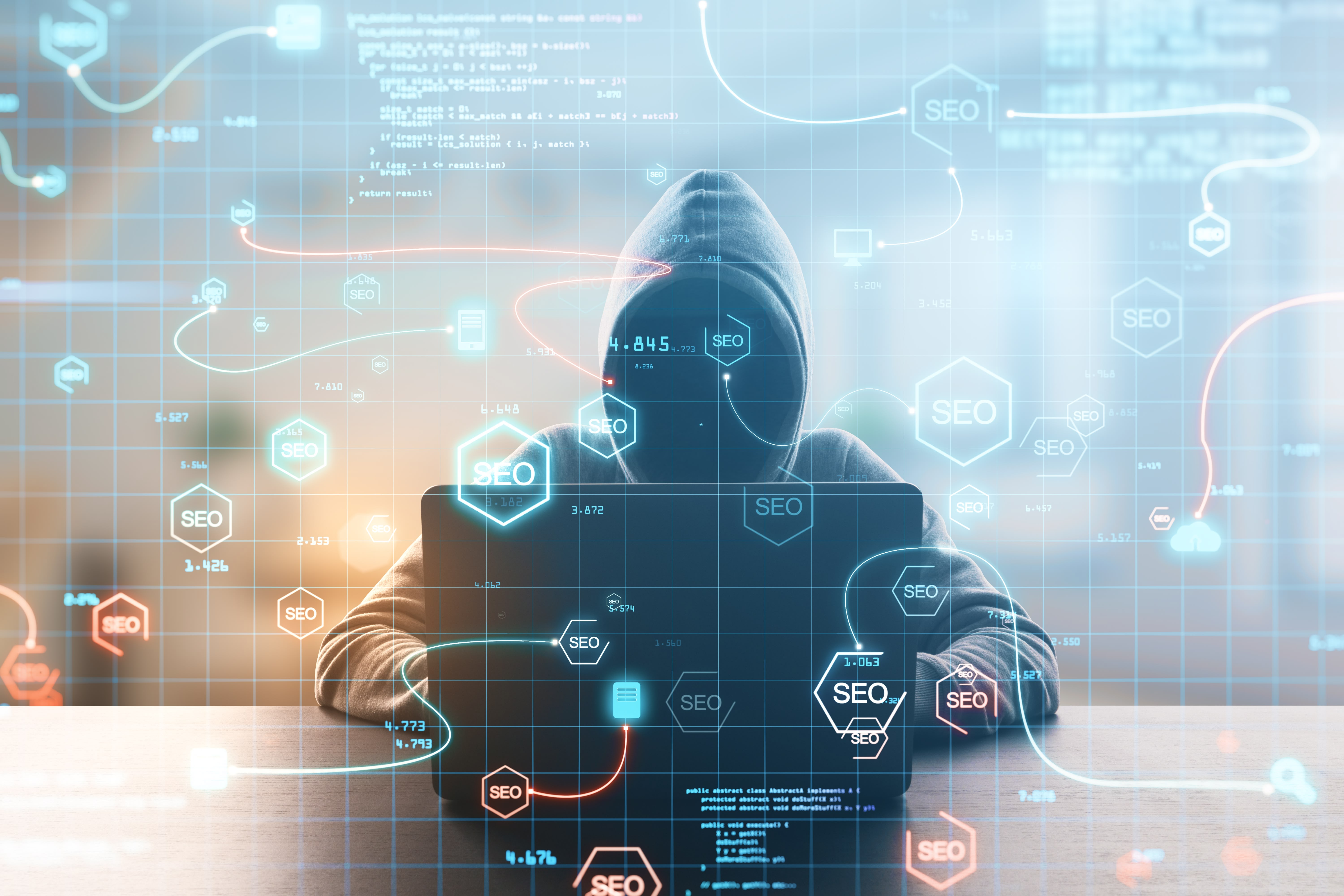Computer Hacking Forensic Investigator (CHFI)
Course Overview

EC-Council’s C|HFI program prepares cybersecurity professionals with the knowledge and skills to perform effective digital forensics investigations and bring their organization into a state of forensic readiness. Establishing the forensics process, lab, evidence handling procedures, and investigation techniques are required to validate/triage incidents and point the incident response teams in the right direction.
Forensic readiness is crucial as it can differentiate between a minor incident and a major cyber-attack that brings a company to its knees.This intense hands-on digital forensics program immerses students in over 68 forensic labs, working on crafted evidence files utilizing the tools of the world’s top digital forensics professionals. Students will go beyond traditional hardware and memory forensics, covering current topics in cloud forensics, mobile and IoT, and investigating web application attacks and malware forensics. The C|HFI presents a methodological approach to computer forensics, including searching and seizing, chain-of-custody, acquisition, preservation, analysis, and reporting of digital evidence.
Learning Outcomes
Exam Information
Course Content & Modules
Computer Forensics in Today's World
This module provides a comprehensive introduction to computer forensics, covering the fundamental concepts, legal aspects, and current challenges in digital investigations. Students will learn about the role of computer forensics in cybersecurity, law enforcement, and corporate investigations.
Computer Forensics Investigation Process
Learn the systematic approach to computer forensics investigations, including the complete investigation lifecycle from initial response and evidence collection to analysis, documentation, and reporting. This module covers chain of custody, legal requirements, and best practices.
Understanding Hard Disks and File Systems
Master the technical aspects of hard disk drives, solid-state drives, and various file systems including NTFS, FAT, ext4, and HFS+. Learn about disk geometry, partition tables, boot sectors, and how to recover deleted files and hidden data.
Data Acquisition and Duplication
Learn proper techniques for acquiring and duplicating digital evidence while maintaining forensic integrity. This module covers write-blocking, imaging tools, hash verification, and various acquisition methods including live and dead acquisitions.
Defeating Anti-forensics Techniques
Learn to identify and overcome various anti-forensics techniques used to hide or destroy digital evidence. This module covers steganography, encryption, data wiping, file system manipulation, and advanced techniques for recovering hidden or obfuscated data.
Windows Forensics
Master Windows-specific forensic techniques including registry analysis, event logs, prefetch files, and Windows artifacts. Learn to investigate user activity, system changes, and security events on Windows operating systems.
Linux and Mac Forensics
Learn forensic techniques specific to Linux and macOS systems including file system analysis, log examination, and system artifacts. Master command-line forensics tools and understand the unique characteristics of Unix-based operating systems.
Network Forensics
Master network forensic analysis including packet capture analysis, network traffic reconstruction, and intrusion detection. Learn to investigate network-based attacks, trace communication patterns, and analyze network protocols for evidence.
Malware Forensics
Learn to analyze and investigate malware incidents including static and dynamic analysis techniques. Master reverse engineering, behavioral analysis, and understanding malware capabilities, persistence mechanisms, and communication patterns.
Investigating Web Attacks
Master forensic investigation of web-based attacks including SQL injection, cross-site scripting, and web application vulnerabilities. Learn to analyze web server logs, investigate web application breaches, and trace attack vectors through web infrastructure.
Dark Web Forensics
Learn to investigate activities on the dark web including Tor network analysis, cryptocurrency transactions, and underground marketplaces. Master techniques for tracking anonymous communications and gathering intelligence from dark web sources.
Cloud Forensics
Master cloud forensics challenges and techniques including data collection from cloud environments, virtual machine forensics, and cloud service provider cooperation. Learn about shared responsibility models and legal considerations in cloud investigations.
Email and Social Media Forensics
Learn to investigate email communications and social media activities including header analysis, metadata extraction, and timeline reconstruction. Master techniques for analyzing email servers, social media platforms, and messaging applications for evidence.
Mobile Forensics
Master mobile device forensics including smartphone and tablet analysis, app data extraction, and mobile security investigations. Learn about iOS and Android forensics, mobile malware analysis, and location data recovery.
IoT Forensics
Learn to investigate Internet of Things (IoT) devices including smart home devices, industrial systems, and connected vehicles. Master IoT forensics challenges, embedded system analysis, and network-based IoT investigations.
Earn Your Industry-Recognized Certificate
Upon successfully passing the examination for this course, participants will be awarded a certificate, an example of which is shown below.




